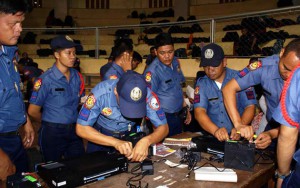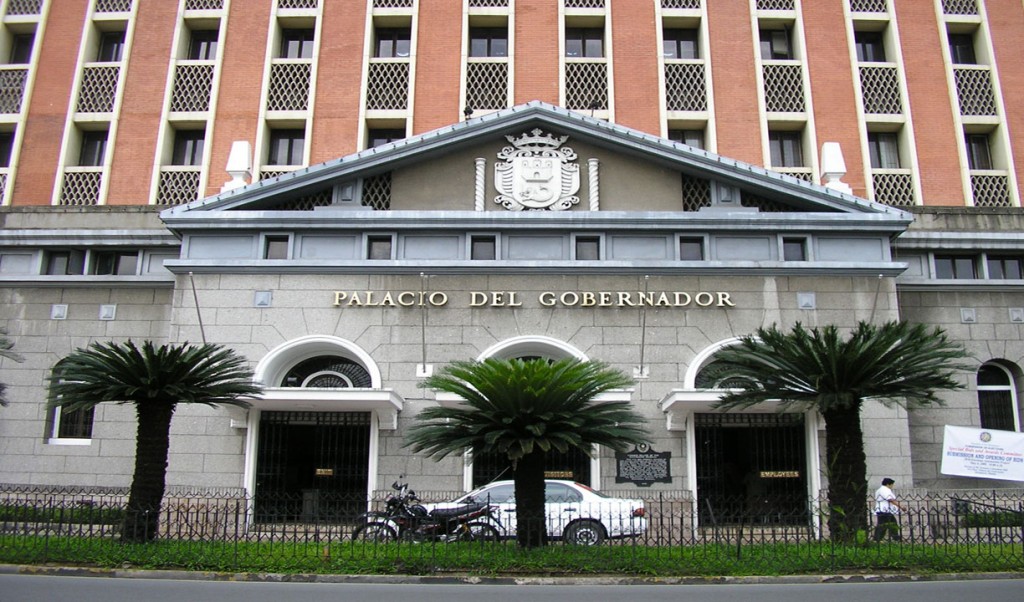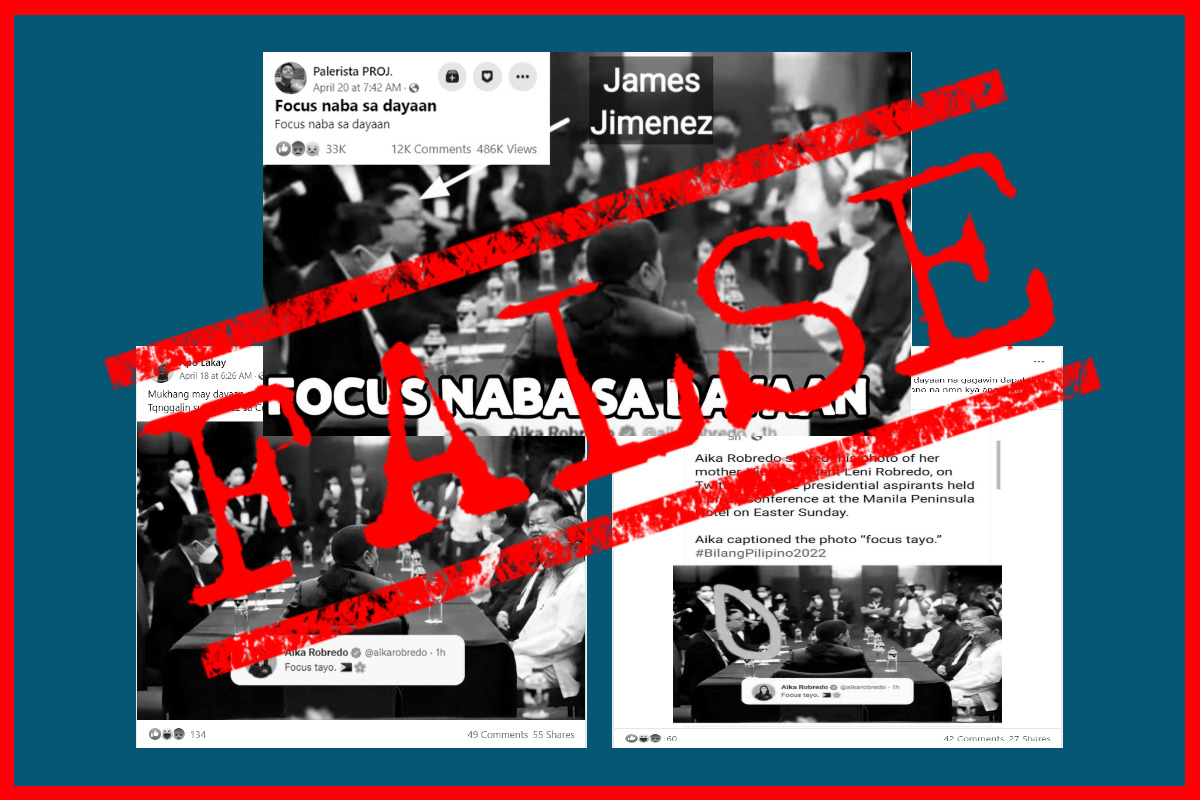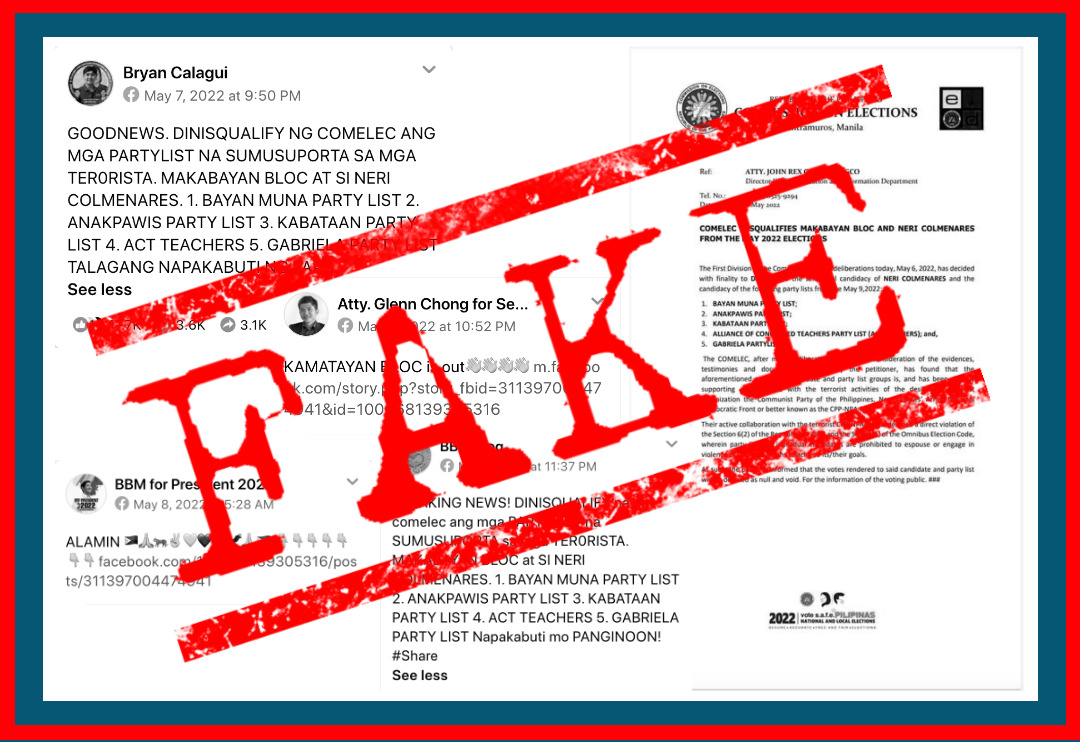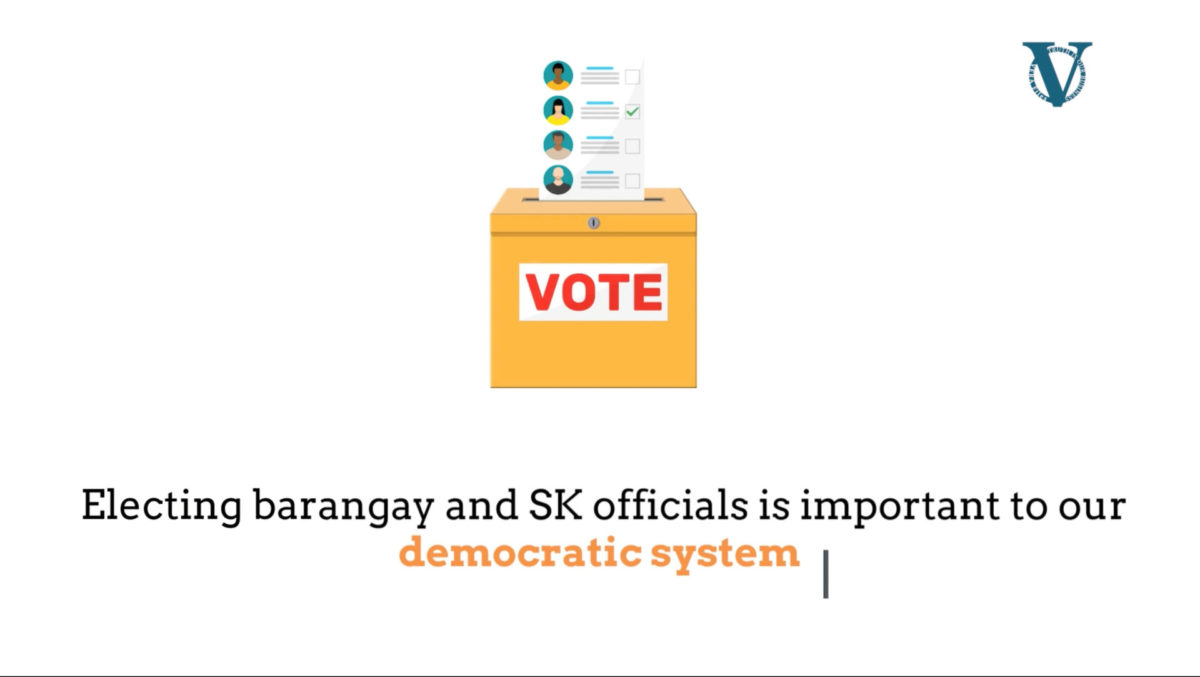By LUZ RIMBAN
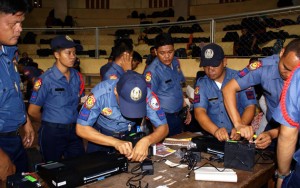
A NEW study by the United Nations has urged the Philippines to end the practice of political appointments at the Commission on Elections and professionalize the electoral body as a step toward addressing the problems of fraud and violence during elections.
The study by the U.N. Development Programme titled “Understanding Electoral Violence in Asia” pointed out that election officials in the Philippines are “subject to political pressure and may make compromises as a result. The vast majority of its personnel are political appointees. Most of its offices are located in local government premises by virtue of the generosity of local incumbents.”
One of seven countries in Asia the UNDP focused on in its study, the Philippines frequently conducts elections, holding two last year—national in May and barangay elections in October—and preparing for another one in the Autonomous Region in Muslim Mindanao next year. The Philippines also had seven during the nine-year term of former President Gloria Macapagal Arroyo, including three congressional and local polls.
The other countries included in the study are Bangladesh, India, Indonesia, Nepal, Pakistan and Thailand, which held a general election just last Sunday.
The study noted that the number of “electoral democracies” all over the world increased from 76 to 116 from in the decade from 1990 to 2010. The number, however, does not necessarily reflect widening democracy in Asia’s developing countries.
The study noted with alarm that “established democracies in Asia all report some electoral violence: from street protests in Thailand that have gained international attention since the 2006 coup that disposed Prime Minister Thaksin Shinawatra, to the 2009 Maguindanao massacre in the Philippines that saw 57 people killed, including (32) journalists, as they drove in convoy to register a candidacy for the 2010 elections.”
Despite the frequency of elections being held in the developing world, the UNDP study said, “many states were not achieving broader democratic reforms such as widening political participation, improving representation, increasing accountability or utilizing elections as a legitimate political change management strategy.”
The Philippines’ electoral history, the study noted, was “dominated by martial law, political dynasties, accusations of fraud and violence.”
Because the party system in the country is weak, political families are able to manipulate elections to their favor resulting in many provinces and cities in the country where members of a single could be holding multiple positions. It is not uncommon for parent-child, husband-and-wife, of sibling tandems to control local government units.
In a recent example that caught media attention, Davao City mayor Sara Duterte went on leave pending an official investigation into her punching a court sheriff in the midst of a demolition of squatter shanties. Taking over in her absence is her father, Rodrigo, who is her vice-mayor and the city’s former mayor.
“In the Philippines a weak party system has benefitted political dynasties composed of families and close allies. The existence of political dynasties effectively excludes marginalized groups from participating fully in elections and other political processes, as running for office requires huge amounts of money, connections to government and electoral bodies, and even access to the police and military,” the study said.
Among the measures to address fraud and violence the UNDP study listed are the professionalization of the Comelec and increased capability to enforce and prosecute violators of election laws.
In the Philippines, the Comelec does not merely administer elections, it also supervises the military and the police, especially in areas declared hotspots where violence would be likely to erupt. In the 2010 elections, for example, the non-government organisation Vote Peace blamed the Comelec for failing to approve a resolution that would deploy police and military forces to hotspots in Mindanao such as Lanao del Sur, causing a surge in violence there during election day.
The UNDP study urged the government to investigate and prosecute those behind electoral violence, and to “dismantle and disarm” private militias and other armed groups.
The study noted that “there exists a linkage between election violence and perceived or alleged cheating. Massive cheating or fraud such as conspiracies to bribe voters, tampering with ballots, dishonest counting or rigging voter lists can be the stimulus for a violent reaction by those, including the general public, who believe they have been cheated.”
It also pushed for the passage of House Bill 3655, “An Act Strengthening the Political Party System, Appropriating Funds Therefor, and for other Purposes,” to strengthen the country’s party system. Once the bill is passed, the study urged the Commission on Audit to examine the finances of accredited parties.
